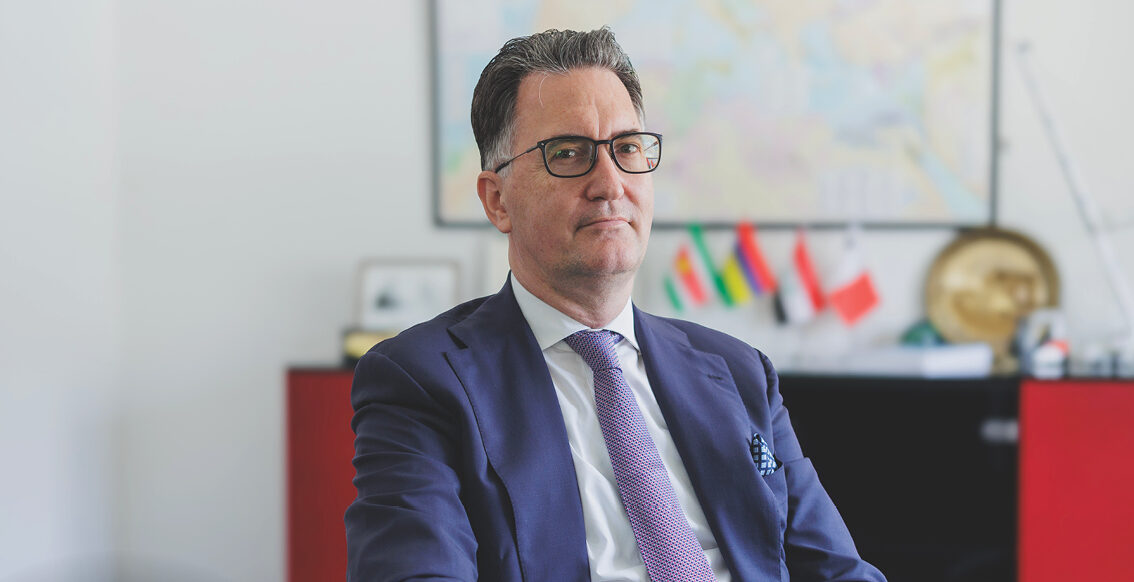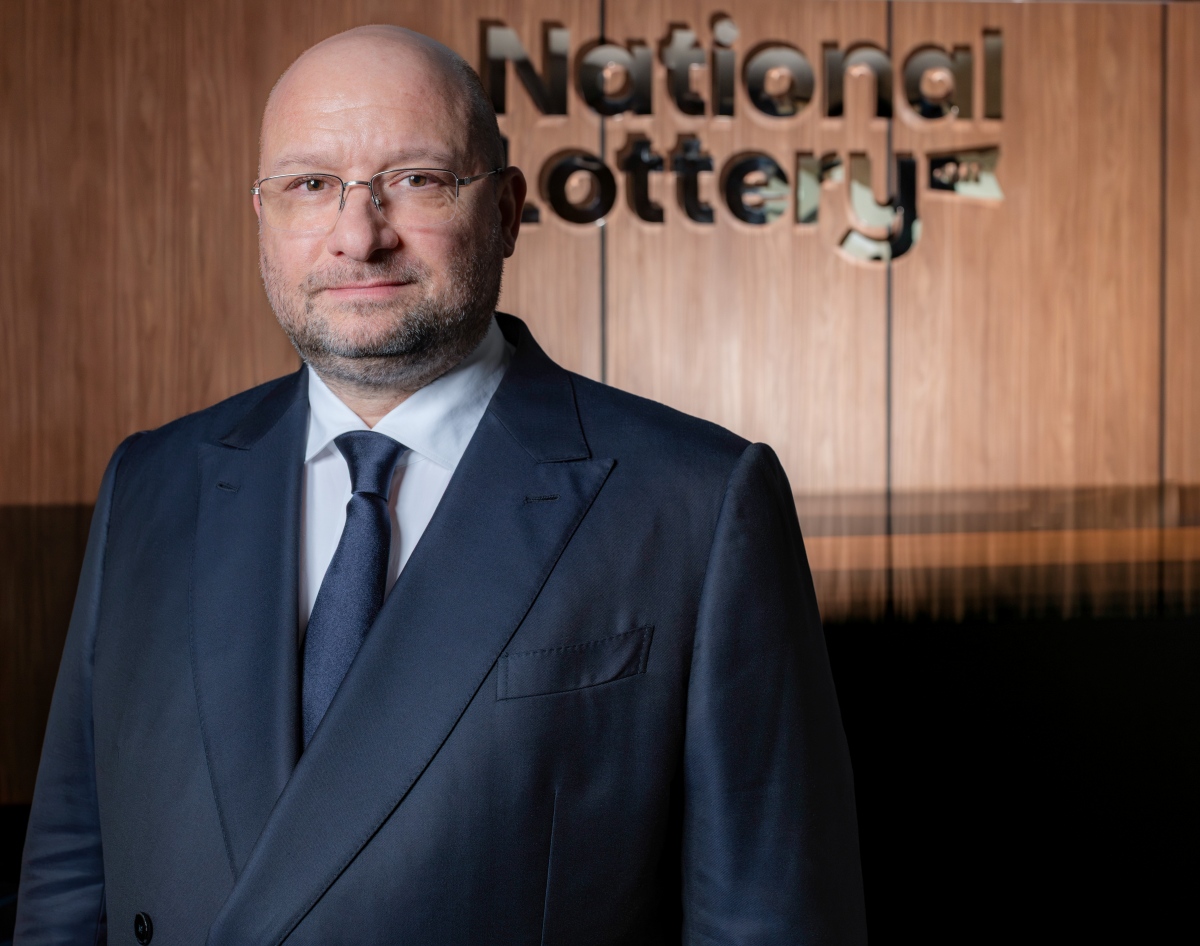According to a recent study, 38 per cent of Malta’s workforce experiences burnout, a statistic consistent with global findings.
The study was conducted by Kenneth Farrugia and John Chan, and it sheds light on the alarming prevalence of workplace burnout in Malta, revealing insights that demand the attention of employers across industries.
The most affected demographic is individuals aged 20-29, with a staggering 62 per cent reporting symptoms of burnout. Women are slightly more vulnerable than men, with a four per cent higher prevalence.
Exhaustion emerges as the most common burnout dimension, affecting 54 per cent of respondents, followed by alienation or cynicism (40 per cent).
The study also emphasises the direct correlation between burnout and organisational performance. Employees experiencing burnout are less engaged, less productive, and more likely to leave their jobs.
The economic ramifications are significant, with burnout contributing to reduced output, increased absenteeism, and higher turnover rates. These issues not only hinder organisational growth but also place a strain on Malta’s economy, where human capital is a vital resource.
The research identifies workload and inadequate rewards as the primary contributors to burnout in Malta. Younger employees often struggle with heavy workloads, while older professionals cite insufficient compensation as a major stressor. Additionally, the study highlights the role of organisational support in mitigating burnout, with employees who feel supported experiencing significantly lower rates of burnout.
Meanwhile, flexible work arrangements, often lauded as a remedy for burnout, present mixed results. While remote work tends to lower burnout rates globally, Malta’s findings show higher burnout levels among those working in hybrid setups. This discrepancy underlines the need for tailored workplace policies that address the unique dynamics of the Maltese workforce.

Steps employers can take
The findings present a clear call to action for employers. Organisations can address burnout by implementing the following strategies:
- Workload management: Reassess job roles to ensure workloads are manageable. Delegating tasks effectively and investing in automation tools can alleviate pressure on employees.
- Fair compensation: Review pay structures to ensure they reflect employees’ efforts and contributions, particularly for younger workers and those in high-pressure roles.
- Fostering engagement: Promote a culture of engagement and belonging. The study shows that 85 per cent of non-burnt-out employees exhibit high engagement, underscoring its role in well-being.
- Organisational support: Establish open communication channels, provide psychological safety, and create policies that prioritise employee well-being.
- Customised work policies: Recognise that one size does not fit all. Employers should consider their specific organisational culture and workforce needs when implementing flexible work arrangements.
Thus, by fostering a supportive and sustainable workplace environment, organisations can enhance productivity, reduce costs associated with turnover, and build a resilient workforce.
Farsons names Alistair Martin Haber as Chief Digital and Technology Officer
He brings more than 25 years of international experience in digital transformation, infrastructure modernisation and cloud strategy across enterprise environments
Matthew Ellul Sullivan assesses how Middle East war could impact Malta
He said that Malta could be negatively impacted if the closure of the Strait of Hormuz results in fewer vessels ...
MedservRegis Co-CEO: Disruption to Middle East operations minimal, no evacuation required
Olivier Bernard says the group’s operations remain largely unaffected and there is currently no need to evacuate staff.
IZIGROUP: From market leadership to international ambition
Over the past few years, IZIGROUP has been 'methodically laying the groundwork for international growth,' says Founder and CEO Johann ...









